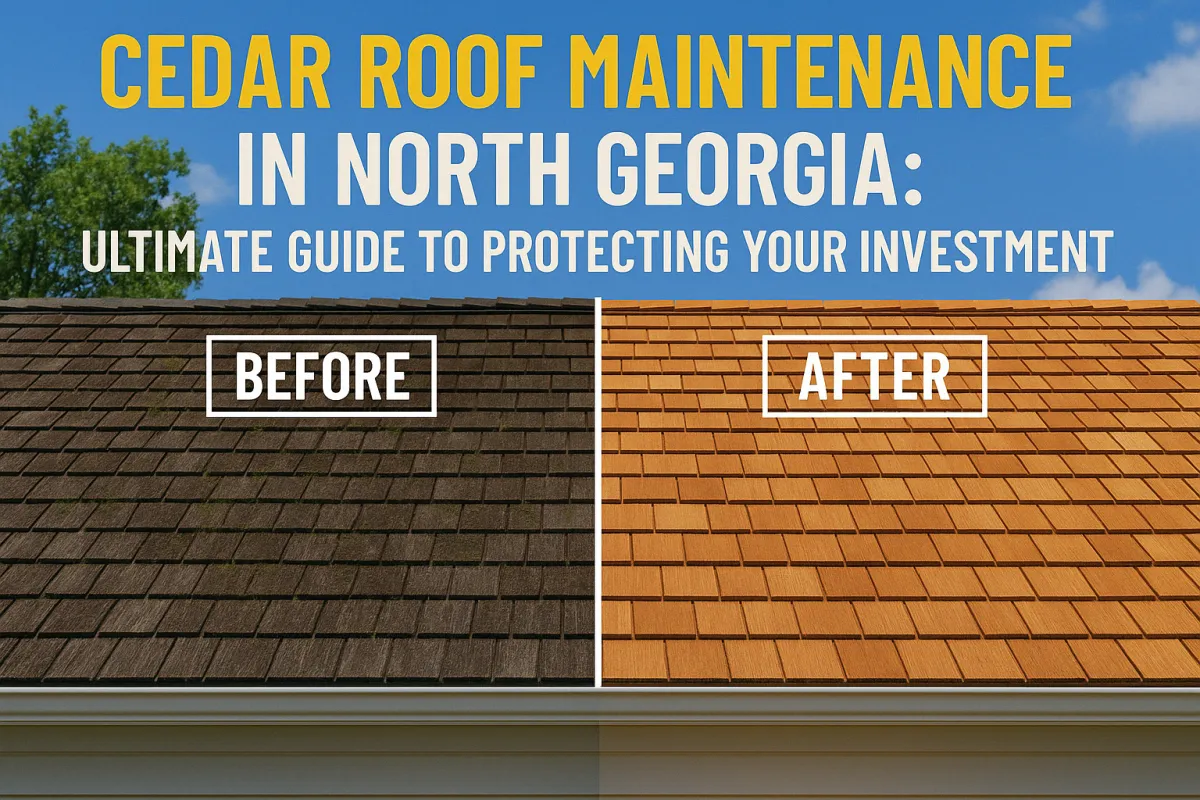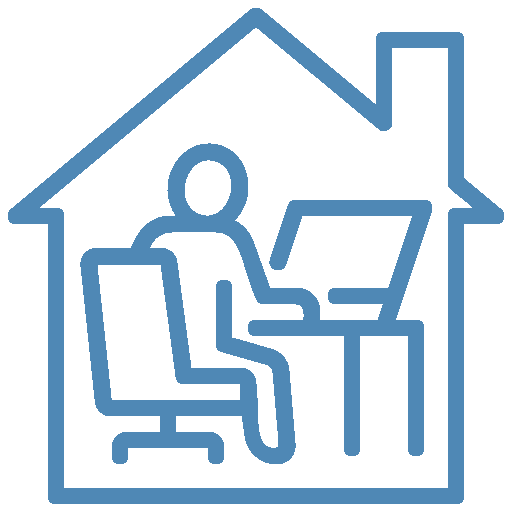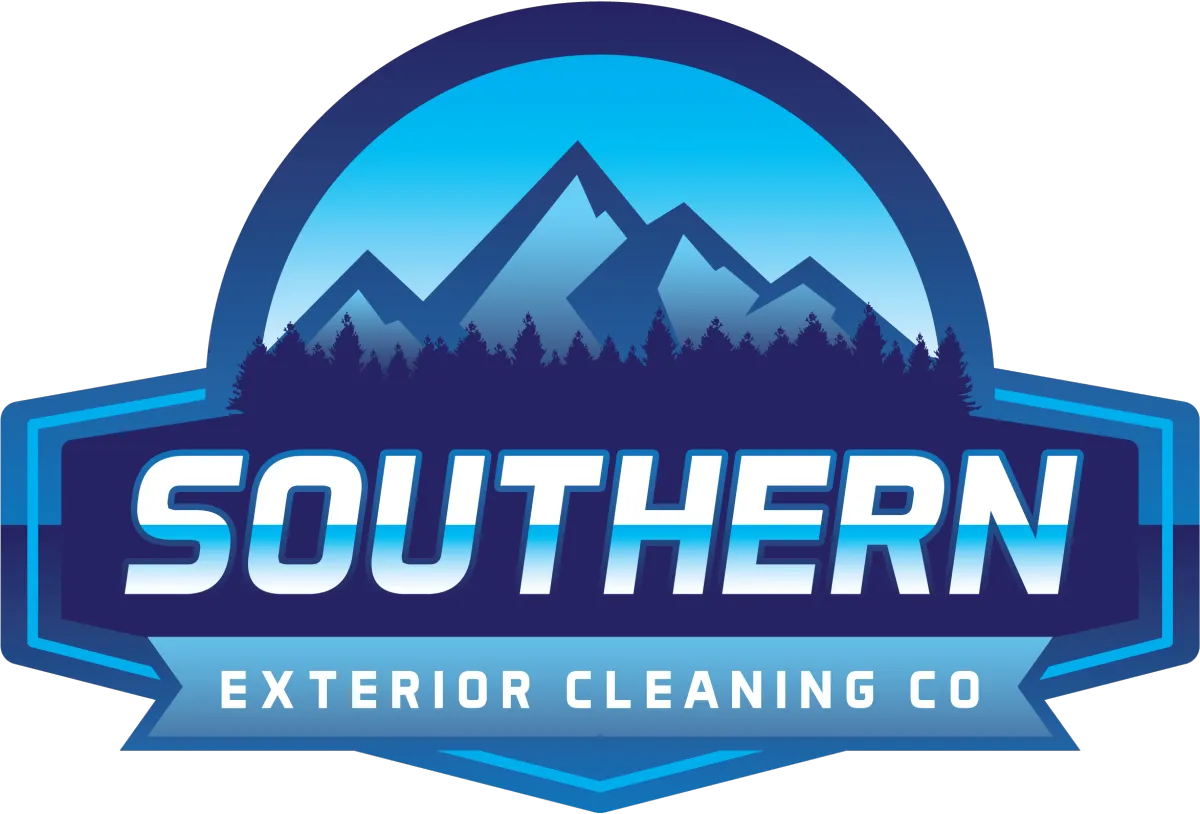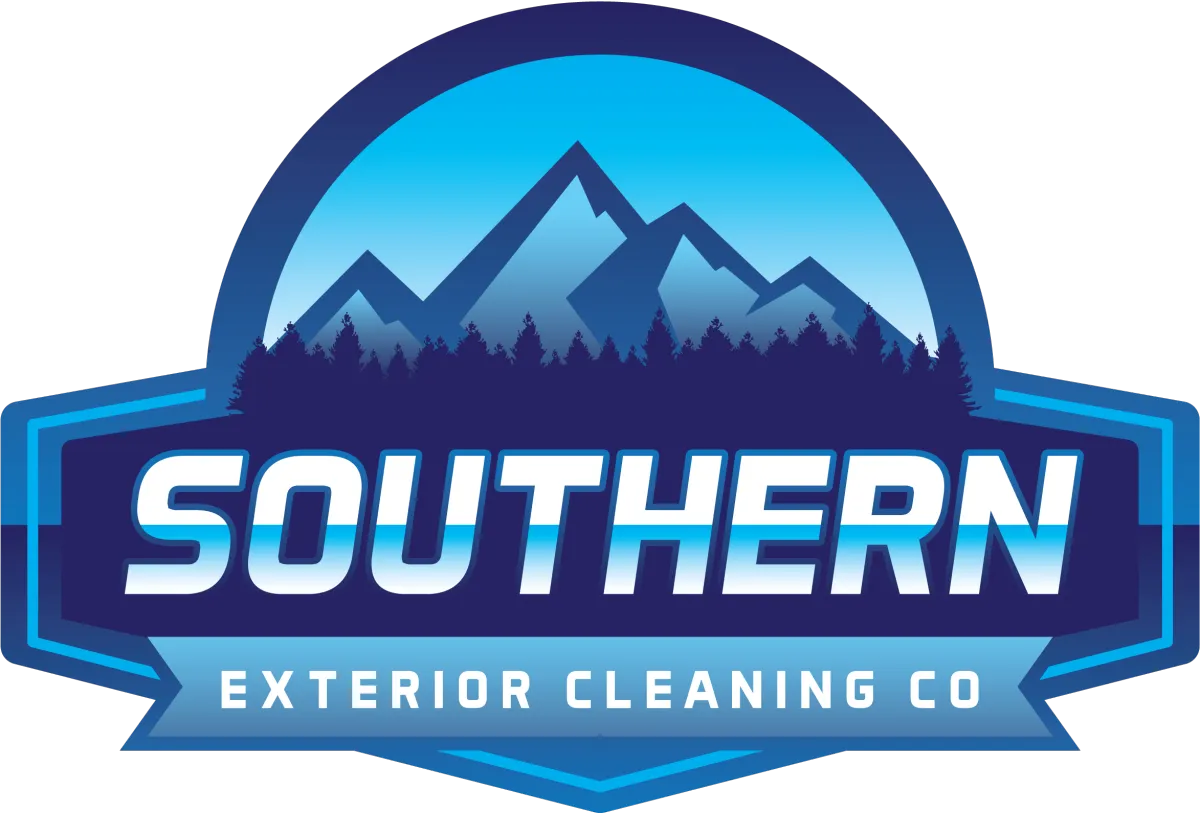Blog

Cedar Roof Maintenance in North Georgia: Ultimate Guide to Protecting Your Investment
In the picturesque landscapes of North Georgia, cedar roofs stand as a testament to timeless elegance and architectural beauty. These premium roofing systems not only enhance the aesthetic appeal of homes but also provide exceptional durability when properly maintained. However, the unique climate of North Georgia presents specific challenges that cedar roof owners must address to ensure their investment remains protected for decades to come.
Understanding Cedar Roofs and North Georgia's Climate Challenge
Cedar shake and shingle roofs are prized for their natural beauty and durability. Made typically from Western Red Cedar or Alaskan Yellow Cedar, these roofing materials come with natural defenses - oils and tannins that initially provide resistance to moisture, decay, and insects. When properly maintained, cedar roofs can last between 20-50 years, significantly outlasting standard asphalt shingles.
The Natural Lifecycle of Cedar Roofing
Cedar begins its life on your roof with robust protective qualities, but these aren't permanent. Over time, exposure to the elements—particularly UV radiation and rainfall—gradually depletes the natural oils and protective compounds. This natural degradation process can begin in as little as five years, making proactive maintenance essential rather than optional.
Why North Georgia's Climate Is Particularly Challenging
The warm, humid climate that characterizes North Georgia creates perfect conditions for biological growth on cedar roofs. This environment becomes an ideal breeding ground for:
Moss
Algae (including Gloeocapsa magma, which causes black streaks)
Mold and mildew
Lichen
Fungi
These organisms don't just affect the appearance of your roof—they actively attack and degrade the wood through several mechanisms:
Moisture retention: Moss and algae act like sponges, trapping water against the wood surface and preventing proper drying after rain or morning dew.
Decay acceleration: The trapped moisture accelerates the growth of wood-decaying fungi, leading to rot and deterioration of cedar fibers.
Structural disruption: Heavy growth can physically lift shingles or grow underneath them, compromising the roof's water-shedding capabilities.
Weight concerns: Saturated moss adds significant weight to the roof structure.

The Critical Importance of Regular Cedar Roof Cleaning
Beyond aesthetics, regular cleaning of cedar roofs in North Georgia is a fundamental maintenance practice with substantial benefits for homeowners.
Extending Your Roof's Lifespan
Proper professional cleaning from Southern Exterior Cleaning, directly combats the primary threats to cedar in humid climates by removing harmful organisms that accelerate decay. With regular maintenance every 5-10 years, you can significantly extend your roof's service life—potentially doubling or even tripling its functional years compared to a neglected roof.
Preventing Costly Damage and Repairs
Addressing biological growth early prevents it from causing deeper structural issues that can be expensive to repair:
Deep-seated rot
Leaks and water damage
Structural weakening
Premature replacement needs
The cost of regular professional cleaning is minimal compared to the expense of major repairs or complete roof replacement.
Enhancing Curb Appeal and Property Value
A well-maintained cedar roof significantly enhances a home's exterior appearance. The natural, warm tones of clean cedar create a distinctive look that stands out in any neighborhood. This improved curb appeal can positively impact your property's market value, making regular cleaning a worthwhile investment from both maintenance and financial perspectives.
Improving Energy Efficiency
Dark stains caused by algae absorb more solar heat, potentially increasing cooling demands during Georgia's warm seasons. A clean roof reflects sunlight more effectively, which can contribute to improved energy efficiency and potentially lower cooling costs.

Professional vs. DIY Cleaning: What North Georgia Homeowners Should Know
When it comes to maintaining cedar roofs in North Georgia's climate, the cleaning approach you choose matters significantly.
The Risks of DIY Cedar Roof Cleaning
While DIY approaches might seem cost-effective initially, they come with substantial risks:
Safety concerns: Working on sloped, possibly slippery cedar roofs is inherently dangerous without proper safety equipment.
Potential for damage: High-pressure washing, harsh chemicals, or improper techniques can cause more harm than good, stripping away cedar fibers or driving water beneath shingles.
Incomplete treatment: DIY methods often address surface issues without tackling the root biological problems.
Benefits of Professional Cedar Roof Cleaning Services from Southern Exterior Cleaning
Professional cleaning services offer several advantages for North Georgia homeowners:
Specialized knowledge: Professionals understand the specific challenges posed by local climate conditions and how they affect cedar.
Proper equipment: Companies use appropriate pressure levels and specialized tools designed specifically for cedar roofs.
Safe cleaning solutions: Professionals utilize biodegradable, eco-friendly cleaning agents that remove biological growth without damaging the cedar or surrounding landscape.
Comprehensive approach: Beyond cleaning, professionals can identify potential issues early and recommend preventative treatments.

The Soft Wash Solution for Cedar Roofs
Among the various cleaning methods available, soft washing has emerged as the gold standard for cedar roof maintenance in humid climates like North Georgia.
What is Soft Washing?
Soft washing uses low-pressure water application combined with specialized, biodegradable cleaning solutions. This method thoroughly cleans the roof surface without the risk of damage associated with high-pressure techniques.
Why Soft Washing Works Best for Cedar in North Georgia
Gentle yet effective: Removes biological growth without eroding cedar fibers or driving moisture under shingles.
Root-level treatment: The cleaning solutions address the organisms at their roots, providing longer-lasting results.
Preventative benefits: Many professional solutions include ingredients that discourage rapid regrowth.
Environmentally responsible: Modern soft washing solutions break down naturally without harming surrounding vegetation or water systems.
Creating a Cedar Roof Maintenance Schedule
To maximize the lifespan of your cedar roof in North Georgia's challenging climate, consider implementing a comprehensive maintenance plan.
Regular Inspection Schedule
Seasonal visual checks: Examine your roof after major weather events and seasonally, particularly in spring and fall.
Professional inspections: Have a qualified roofing professional inspect your cedar roof every 2-3 years, even if no obvious issues are present.
Optimal Cleaning Frequency
In North Georgia's humid environment, most cedar roofs benefit from:
General cleaning: Professional soft washing from Southern Exterior Cleaning every 3-5 years for preventative maintenance.
Targeted treatments: Address visible biological growth promptly, regardless of the regular schedule.
Post-storm assessment: Consider additional cleaning after particularly wet seasons or unusual weather patterns.
Between-Cleaning Maintenance Tips
Keep debris clear: Regularly remove leaves, pine needles, and other debris that can trap moisture.
Trim overhanging branches: Reduce shade and debris by keeping tree branches trimmed back from the roof.
Monitor gutters: Ensure gutters and downspouts remain clear to prevent water backup onto the roof.

Finding the Right Cedar Roof Cleaning Professional in North Georgia
Selecting the right professional for your cedar roof maintenance is crucial for ensuring effective, safe cleaning that prolongs your roof's life.
What to Look for in a Cedar Roof Cleaning Service
Specialized experience: Choose companies with specific experience cleaning cedar roofs, not just general pressure washing services.
Proper insurance: Verify they carry liability insurance and workers' compensation.
References and reviews: Request references from previous cedar roof clients and check online reviews.
Detailed process explanation: Qualified professionals should clearly explain their cleaning process, solutions used, and expected outcomes.
Written estimates: Get written estimates that specify the scope of work, timeline, and warranty information.
Questions to Ask Before Hiring
What specific method do you use for cedar roof cleaning?
Are your cleaning solutions safe for cedar and environmentally friendly?
What measures do you take to protect surrounding landscaping?
Do you provide before and after documentation?
What kind of guarantee or warranty do you offer on your work?
Long-Term Protection: Beyond Cleaning
While regular cleaning is essential, comprehensive cedar roof maintenance in North Georgia may include additional protective measures.
Protective Treatments and Coatings
After cleaning, consider these additional treatments:
Water repellents: These can help restore some of the natural water-shedding properties that diminish over time.
UV protectants: These help slow the degradation caused by sun exposure.
Fungicidal treatments: These provide additional protection against fungal growth between cleanings.
When to Consider Restoration vs. Replacement
Even with excellent maintenance, cedar roofs eventually reach a point where more significant intervention is necessary:
Restoration potential: If less than 20-30% of shingles show damage, restoration might be a viable option.
Replacement indicators: Widespread cupping, splitting, or soft/spongy areas often indicate that replacement is the more cost-effective long-term solution.
Protecting Your Cedar Roof Investment in North Georgia
Cedar roofs represent a significant investment in your home's value, appearance, and protection. In North Georgia's challenging climate, understanding the specific threats posed by humidity and implementing a proactive maintenance strategy is essential for maximizing your roof's lifespan.
By partnering with qualified professionals such as Southern Exterior Cleaning for regular soft wash cleaning and following a comprehensive maintenance plan, your cedar roof can continue to enhance your home's beauty and protection for decades. Remember that each maintenance dollar spent is an investment in preserving one of your home's most valuable and visible assets.
Don't wait until visible damage appears—the key to cedar roof longevity in North Georgia is preventative care that addresses the unique challenges of our local climate.

1. How long should a cedar roof last in North Georgia's climate?
With proper installation and regular maintenance, a cedar roof in North Georgia can last between 20-50 years. However, this lifespan depends significantly on several factors, including the quality and grade of the cedar, installation quality, and most importantly, the consistency of maintenance. Without proper care, the humid climate of North Georgia can substantially reduce this lifespan due to accelerated biological growth and moisture-related deterioration.
2. How often should I have my cedar roof cleaned in North Georgia?
In North Georgia's humid environment, most cedar roofs benefit from professional soft washing from Southern Exterior Cleaning every 3-5 years for preventative maintenance. However, you should also address visible biological growth promptly, regardless of your regular schedule, and consider additional cleaning after particularly wet seasons or unusual weather patterns. Regular inspections can help determine the optimal cleaning frequency for your specific situation.
3. What are the signs that my cedar roof needs cleaning?
Visual indicators that your cedar roof needs cleaning include dark black or brown streaks (algae), green or brownish patches (moss or other algae), fuzzy or thick green growth (heavy moss), and general discoloration that appears uneven or blotchy. Beyond the natural weathering to a silvery-gray color, these signs indicate biological growth that should be addressed promptly to prevent damage to your cedar roof.
4. Is pressure washing safe for cedar roofs?
Standard pressure washing is not recommended for cedar roofs as the high pressure can damage the wood fibers, drive moisture beneath the shingles, and potentially cause more harm than good. Instead, professionals use a "soft washing" technique that combines low-pressure water application with specialized, biodegradable cleaning solutions. This method effectively removes biological growth without damaging the cedar material.
5. Why is the humid climate of North Georgia particularly challenging for cedar roofs?
North Georgia's warm, humid climate creates ideal conditions for biological growth on cedar roofs. Moss, algae, mold, mildew, lichen, and fungi thrive in these conditions and can actively attack and degrade the wood. These organisms trap moisture against the wood surface, prevent proper drying, accelerate decay, and can physically disrupt the roof structure by lifting shingles or growing underneath them.
6. Can I clean my cedar roof myself, or should I hire a professional?
While DIY approaches might seem cost-effective initially, professional cleaning is strongly recommended for cedar roofs. Professionals have the specialized knowledge of local climate conditions, proper equipment using appropriate pressure levels, safe cleaning solutions that won't damage the cedar, and comprehensive approaches that address underlying issues. DIY methods risk personal safety, potential roof damage, and often provide only surface-level cleaning without addressing root biological problems.

7. What is soft washing, and why is it recommended for cedar roofs?
Soft washing is a cleaning method that uses low-pressure water application combined with specialized, biodegradable cleaning solutions. It's ideal for cedar roofs because it removes biological growth without eroding cedar fibers or driving moisture under shingles. The cleaning solutions address organisms at their roots for longer-lasting results, often include ingredients that discourage rapid regrowth, and are environmentally responsible, breaking down naturally without harming surrounding vegetation or water systems.
8. Besides cleaning, what other maintenance should I perform on my cedar roof?
Between professional cleanings, you should regularly remove leaves, pine needles, and other debris that can trap moisture on your roof. Trim overhanging branches to reduce shade and debris accumulation. Keep gutters and downspouts clear to prevent water backup onto the roof. Additionally, seasonal visual inspections and professional roof inspections every 2-3 years are recommended, even if no obvious issues are present.
9. Are there treatments available to protect my cedar roof between cleanings?
Yes, after cleaning, several protective treatments can help maintain your cedar roof:
Water repellents can help restore some of the natural water-shedding properties that diminish over time
UV protectants help slow the degradation caused by sun exposure
Fungicidal treatments provide additional protection against fungal growth between cleanings
A professional cedar roof maintenance company can recommend the most appropriate treatments for your specific roof condition and North Georgia's climate.
10. How do I know if my cedar roof needs restoration or complete replacement?
If less than 20-30% of your cedar shingles show damage, restoration might be a viable option. However, widespread cupping, splitting, or soft/spongy areas often indicate that replacement is the more cost-effective long-term solution. Other signs that replacement might be necessary include leaks inside your home, excessive granule loss from the cedar, and shingles that are visibly deteriorating, warping, or lifting. A professional roof inspection can help determine whether restoration or replacement is the better option for your specific situation.

Office Location
Toccoa, Georgia 30577
Pressure washing near me
Toccoa
Clarkesville
Martin
Eastonallee
Clayton
Cleveland
Lakemont
Helen
Business hours
Monday 8AM-8PM
Tuesday 8AM-8PM
Wednesday 8AM-8PM
Thursday 8AM-8PM
Friday 8AM-8PM
Saturday Closed
Sunday Closed




